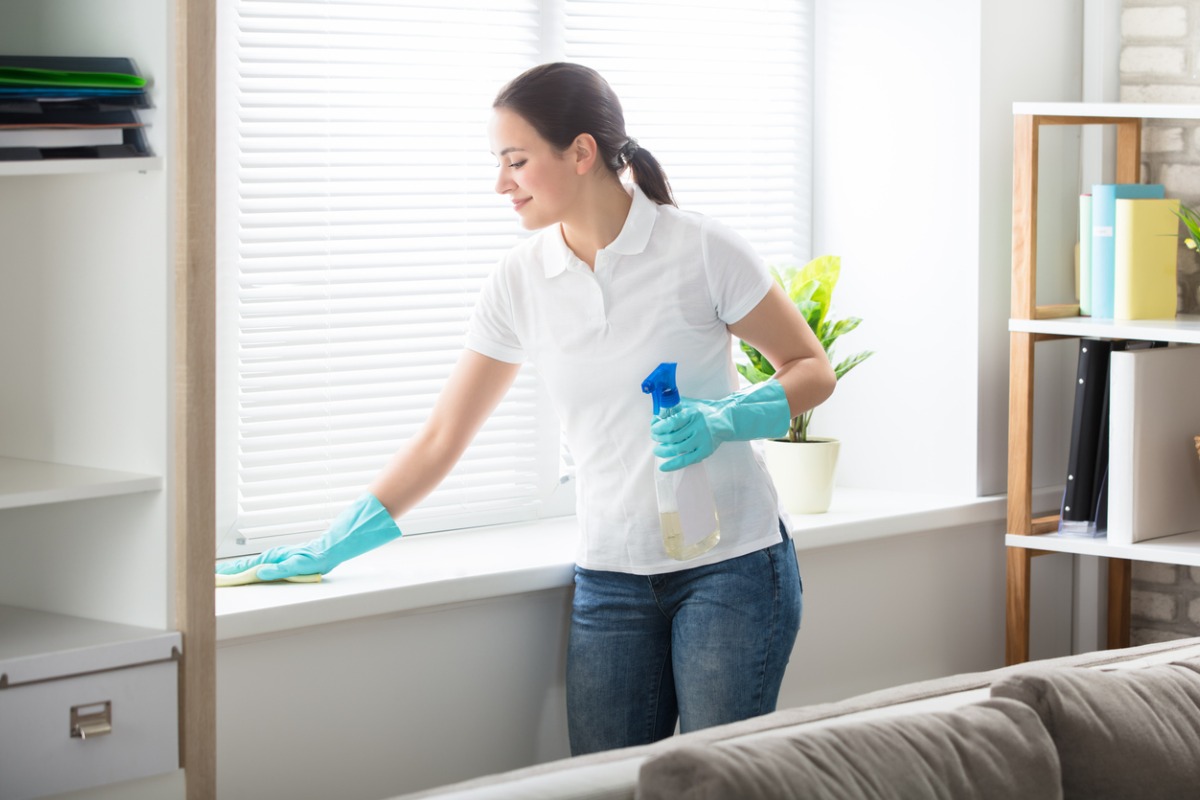Maintaining a clean and hygienic office environment is essential not just for appearances but for the overall health and productivity of employees. Poor hygiene in the workplace can lead to the spread of germs, frequent illnesses, and reduced morale, all of which impact performance and satisfaction. Fortunately, boosting office hygiene does not require an elaborate plan or excessive expenses. Simple, consistent cleaning solutions can make a significant difference. Regular disinfection of high-touch surfaces such as doorknobs, light switches, keyboards, and shared equipment should be a daily priority. These areas are hotspots for germs and often overlooked in routine cleaning. Using disinfectant wipes or sprays with at least 70% alcohol can effectively eliminate bacteria and viruses that linger on surfaces. Keeping shared areas such as kitchens, bathrooms, and meeting rooms clean is equally important. These spaces should be cleaned and disinfected multiple times throughout the day, especially after peak usage times.

In kitchen areas, encourage employees to wash their hands before and after eating, wipe down microwave buttons, refrigerator handles, and countertops. Providing accessible cleaning supplies and hand sanitizers in these areas makes it easy for everyone to take part in maintaining hygiene. Similarly, restrooms should be stocked with hand soap, paper towels, and sanitizer at all times. Ensuring waste bins are emptied regularly also helps maintain a clean and pleasant atmosphere. Office desks can easily become cluttered and dirty, especially when employees eat at their workstations or use shared equipment. Encourage a clean desk policy where employees take a few minutes at the end of each day to tidy up their area. Providing individual disinfectant wipes or sprays at each desk allows employees to clean their workspace regularly. Computer monitors, keyboards, and phones should be cleaned at least weekly, if not daily, especially in shared desk setups or hot-desking environments.
In addition, find this maintaining good indoor air quality is crucial. Regularly cleaning and replacing air filters, and ensuring that HVAC systems are functioning properly reduces the buildup of dust and allergens, creating a more comfortable workspace. Encouraging personal hygiene practices among employees also contributes to a cleaner office. Posting gentle reminders about hand washing, coughing into elbows, and staying home when sick can reduce the spread of illness. It is also helpful to provide tissues, hand sanitizers, and antibacterial hand soaps throughout the office. If possible, consider implementing a flexible sick leave policy that supports employees in making responsible health decisions without fear of lost income or job security. This not only promotes hygiene but fosters a culture of care and responsibility. Finally, establishing a regular professional cleaning schedule ensures that all corners of the office, including those less visible or frequently used, are sanitized properly.